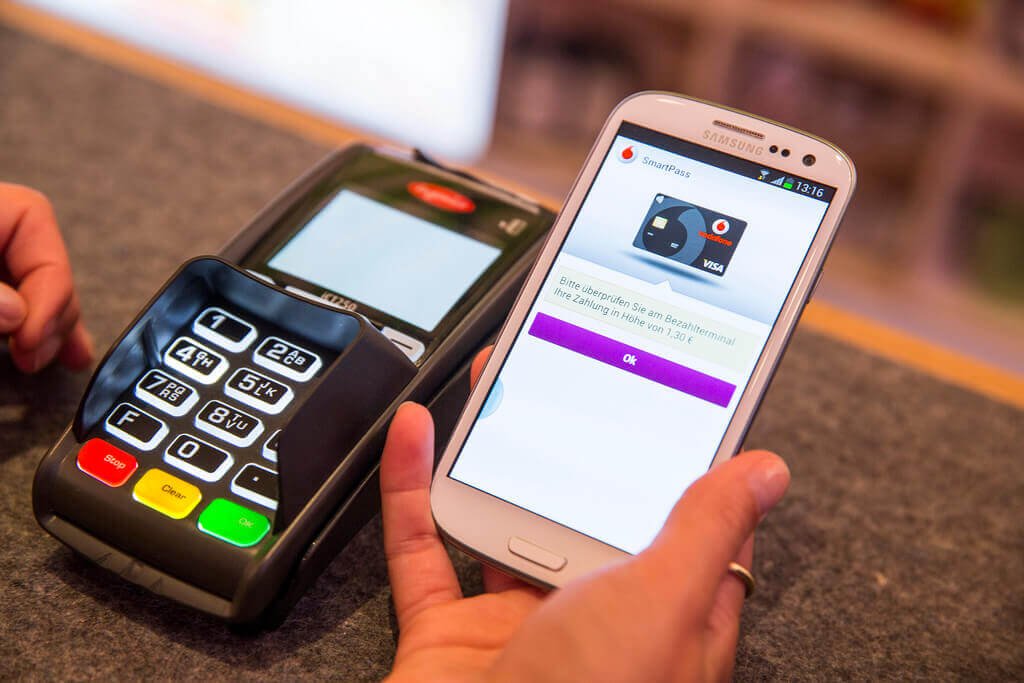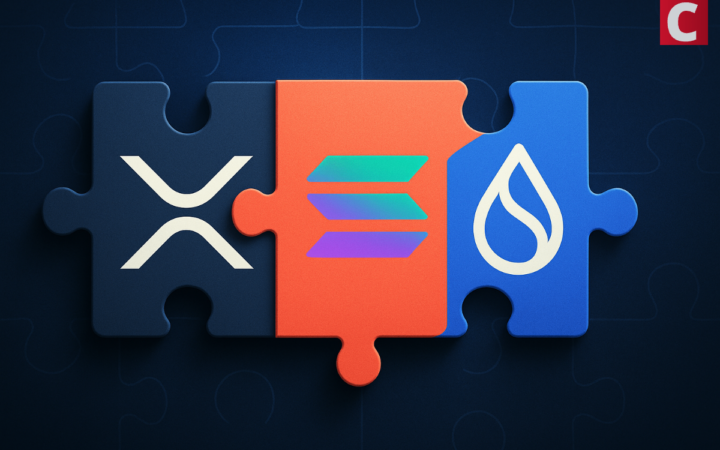Being the main author of TheBlogIsMine news portal in the past, Anastasia has significant experience in observing such fields as tech and business. Now she wants to explore a new area – FinTech. Passionate researcher on technology topics eager to know about what's shaping the future – and how to respond.
Technology is constantly changing and its capabilities are expanding. Across industries, leaders are looking for new tech solutions to keep up with digital needs that’re overwhelming the global population. A key example of it is how banking institutions are beginning to look towards Blockchain solutions for digital currency and banking.
Though the Blockchain technology is simple, it’s incredibly useful. The financial industry is currently in the process of adopting the Blockchain technology to create universally accepted digital currencies that will effectively change the way international payments and banking work. So, what is the Blockchain technology? And how can it be used in the payments industry?
Bitcoin as an Example of Blockchain Technology
Bitcoin is, of course, one of the first digital currencies that use the Blockchain technology. Each bitcoin, or form of digital currency, is one “node” of the Blockchain. That node keeps a ledger of transactions, it’is free to use, and makes immediate payments possible. Due to an increasing number of people who are looking for digital currency solutions in the world which becomes more digital day by day, banks now take interest in the Blockchain technology and mobile payments development as it can expand their reach and make their banking processes more secure.
For sure, Bitcoin isn’t the only digital currency out there, but it is the best known. Some banks, though, have recently launched their own form of digital currency based on the Blockchain technology. The Bank of England, for example, has recently unveiled the RSCoin. It’ s another form of digital currency which encourages encryption, allows to speed up international payments at the same time reducing their cost. It could disrupt the traditional banking industry as we know it, as well as level the playing field between international payment companies who currently use online-only platforms and banks by reducing fees across the board and increasing payment speeds.
Why Is the Blockchain Technology so Secure?
Bitcoin, powered by Blockchain, allows you to create any number of wallets you want. All bitcoin transactions are linked to a key or a PIN attached to your wallet. Still, one person can own numerous wallets, and therefore numerous keys. That means identity theft, fraud, or any form of data breach is essentially eliminated because any one user can have total anonymity if they want it. It’s no secret that data hacks, malware downloads, phishing scams, and more forms of data breaches have been running rampant amongst a wide range of industries – including the financial industry. The Blockchain technology used to create digital currency makes payments, especially high-risk international payments much simpler and more secure for individuals and businesses alike.
The Future of the Banking and Payments Industry
In general, banks and payment companies adopt the Blockchain technology much faster than it was originally expected. Currently, 15% of big-name banks are trying to roll out fully functional Blockchain products this year. And it makes complete sense. Blockchain technology prompts banks to go digital, to offer lower transfer fees for international payments, to speed up transfer processes, and on the whole offers better service to their users.
All these factors make banks more competitive in the international payments industry, where nowadays they fall behind online-only transfer companies like Transferwise and CurrencyFair which offer various options of making international payments that process quickly and can be completed with quite low transfer fees. Banks can’t provide such condition, they’re often forced to jump through hoops and cut through red tape to make an international payment or transfer, requiring higher transfer fees and longer processing time. Blockchain technology will change it entirely.
While Blockchain technology will open the doors to many banks for creating Blockchain products or digital currency options, or even just updating international payment methods, it will also assist the financial industry. One article claims that, “The Blockchain technology will do the same to banks that the internet did to the media.” The authors predict that banking, international payments, investing, and all other aspects of personal and professional finance will enter the digital world with all currency and banking becoming digital. It seems like a logical cycle of events which will happen in most industries in the digital age.
All of it still begs the question, “Should we be worried?” It’s true that the new technology and it’s latest implementations are nerve-wracking, especially when it comes to dealing with exclusive personal data like finances. It’s important to move forward with caution. The Blockchain technology that will be used for these digital currencies is essentially airtight, but it’s also possible that the implementation won’t be perfect right away. It isn’t developing fast enough for the kind of uses that banks and international payment companies will be wanting to roll out. Moving forward stay watchful, stay informed, and most importantly research all new Blockchain products and digital currencies before using them – new technologies are often accompanied with new scams.
Disclaimer: Coinspeaker is committed to providing unbiased and transparent reporting. This article aims to deliver accurate and timely information but should not be taken as financial or investment advice. Since market conditions can change rapidly, we encourage you to verify information on your own and consult with a professional before making any decisions based on this content.





